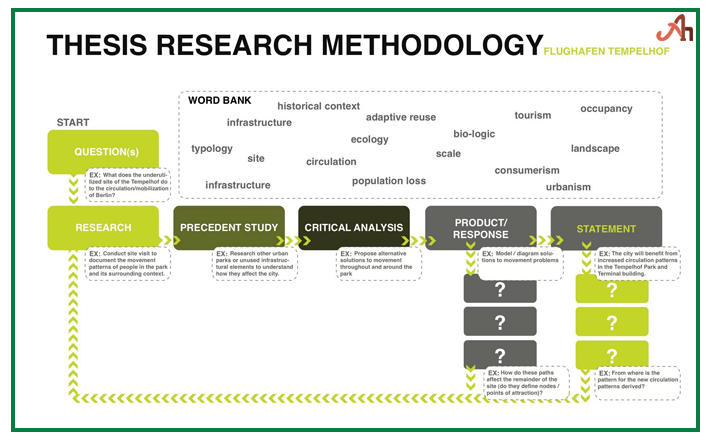.png.213cb1b2f442b8e2967dc2c141f8d449.png)
How to write a small scale dissertation?
· Non-empirical dissertations are based on existing data and arguments in the work of others. This is likely to mean spending a lot of time with your head in a book! In this type of dissertation, you need to make sure you don’t just describe what others are saying, but critically analyze the work and explore its practical applications The PhD, on the other hand, focuses on the generation of new knowledge, which hopefully has relevance to practice, but that application isn’t the primary focus. As a result, the dissertations have different foci. The EdD dissertation focuses on a problem of practice – understanding elements of it so that practice can be improved · Both empirical and non-empirical dissertations have different kinds of structures that are supposed to be followed while writing a dissertation. Empirical dissertations usually have a more standardized structure than that of a non-empirical dissertation which is more flexible. Empirical Dissertation Structure
.jpg.a3b39a6b1c43e2ae10a18852c4e73b19.jpg)
*The Caveat *
The PhD, on the other hand, focuses on the generation of new knowledge, which hopefully has relevance to practice, but that application isn’t the primary focus. As a result, the dissertations have different foci. The EdD dissertation focuses on a problem of practice – understanding elements of it so that practice can be improved And there you have it – the traditional dissertation structure and layout, from A-Z. To recap, the core structure for a dissertation or thesis is (typically) as follows: Title page; Acknowledgments page; Abstract (or executive summary) Table of contents, list of figures and tables; The core chapters (the “meat” of the dissertation) · It includes three types of variables; Independent variable Dependent variable Controlled variable Types of Experimental Methods Laboratory experiments The experiments were conducted in the laboratory. Researchers have control over the variables of the experiment. Field experiment
Hire an Expert Writer
· Non-empirical dissertations are based on existing data and arguments in the work of others. This is likely to mean spending a lot of time with your head in a book! In this type of dissertation, you need to make sure you don’t just describe what others are saying, but critically analyze the work and explore its practical applications · There are two basic approaches to research that may be utilized in a dissertation: qualitative and quantitative. Qualitative. The purpose of qualitative research is to investigate a topic by analyzing how it relates to cultural phenomena, human behavior, or · Both empirical and non-empirical dissertations have different kinds of structures that are supposed to be followed while writing a dissertation. Empirical dissertations usually have a more standardized structure than that of a non-empirical dissertation which is more flexible. Empirical Dissertation Structure

Next steps
· It includes three types of variables; Independent variable Dependent variable Controlled variable Types of Experimental Methods Laboratory experiments The experiments were conducted in the laboratory. Researchers have control over the variables of the experiment. Field experiment · Both empirical and non-empirical dissertations have different kinds of structures that are supposed to be followed while writing a dissertation. Empirical dissertations usually have a more standardized structure than that of a non-empirical dissertation which is more flexible. Empirical Dissertation Structure · Non-empirical dissertations are based on existing data and arguments in the work of others. This is likely to mean spending a lot of time with your head in a book! In this type of dissertation, you need to make sure you don’t just describe what others are saying, but critically analyze the work and explore its practical applications

Research Methodology Vs. Research Methods
The PhD, on the other hand, focuses on the generation of new knowledge, which hopefully has relevance to practice, but that application isn’t the primary focus. As a result, the dissertations have different foci. The EdD dissertation focuses on a problem of practice – understanding elements of it so that practice can be improved However, you'll learn about these justifications in detail in the Quantitative Dissertations part of Lærd Dissertation, where you can choose between one of three routes (i.e., Route #1: Replication-based dissertations, Route #2: Data-driven dissertations, and Route #3: Theory-driven dissertations) · Types of Dissertation Research 1. Qualitative The first type of dissertation is known as a qualitative dissertation. A qualitative dissertation mirrors 2. Quantitative Quantitative dissertation research, on the other hand, focuses on the numbers. Candidates employ 3. Mixed-Method
No comments:
Post a Comment